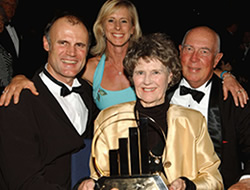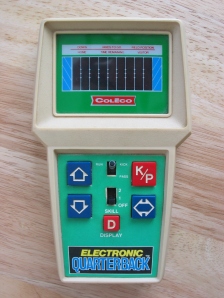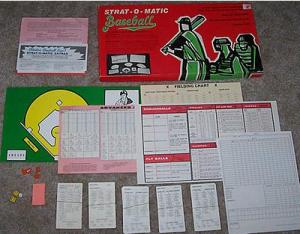Reading the comments at the end of an article on the new Texas Board of Education history standards, I encountered several delightful sentiments, propagated by both “liberals” and “conservatives,” such as
Nothing like creating history to suit the political values of a few morons with some power.
Congratulations Texas knuckledraggers!
Next thing the liberals will want us to honor all the Al Qaeda terrorists that have been killed.
The Bolshevik liberals and the lesbocracy are wielding too much influence in society and trying to indoctrinate the children to be little hate-America firsters.
As an educator, I blush with pride at such nuanced, well-crafted arguments. As a citizen, it fills me with confidence that such obviously talented and erudite folks have their hands on the pulse of our republic.
Grassroots political discourse, whether at work or the world at large, fascinates me, and I often avoid completing my obligations by wading through the discussion boards appended to articles on controversial issues. If I want the temperature of the populace on a given question, such posts shed raw, passionate insight about what people really think. Invariably, my discussion board reading yields, on both sides of the political spectrum, ugliness, prejudice, bile—the sort of rhetoric that distresses (and angers) EB.
Politically, many of the comments disgust me, but I find them invaluable because they remind me that no matter how polite people might be in public, no matter how reasonable they might seem in a face-to-face discussion, they’ll often harbor unspoken resentments that they take with them into the voting booth. The anonymity of the Web offers an outlet for such frustration and bias, lets the hidden anger burst onto the screen, and forces us to confront difference.
Unfortunately, while the panoply of voices reflects the diversity of the English-speaking world in all its repulsive and beautiful splendor, the degree of argument rarely rises above the level of what child development experts refer to as parallel play. The writers tend to use weak-sense critical thinking to advance their own agendas, and they frequently ignore contradictory evidence. The rare well-reasoned case (no matter what the ideological stripe) finds itself ridiculed and attacked with ad hominem arguments. In short, most of the writers exit with the same beliefs that they entered with, and true intellectual synthesis rarely occurs.
Many, such as Daniel Wood in this provocative blog, decry this phenomenon, and during every election cycle one reads commentary to the effect that “things are getting worse.” Well, while it’s difficult to argue that close-minded political partisanship aids participatory democracy, as a nation we’ve experienced it from the start. Dewy-eyed nostalgia for the golden age of political civility flies in the face of the tradition of anonymous political invective that the founders imported from England. In many ways, the anonymity of Internet discussion boards echoes the pseudonymous, hate-filled pamphlets and articles that checked the facts at the door. Before Swift Boats and racist push polling, Alexander Hamilton was Tom Shit and Andrew Jackson was an adulterer whose wife was a bigamist. Ah, the good old days of Jefferson and respectful political discourse . . .
Of all the damsels on the green,
On mountain, or in valley,
A lass so luscious ne’er was seen,
As Monticellian Sally.Yankee Doodle, who’s the noodle?
What wife were half so handy?
To breed a flock of slaves for stock,
The blackamoor’s the dandy.






















